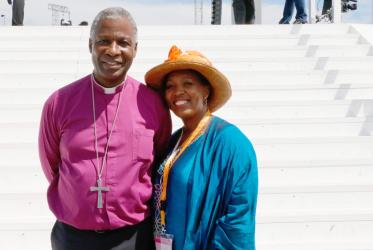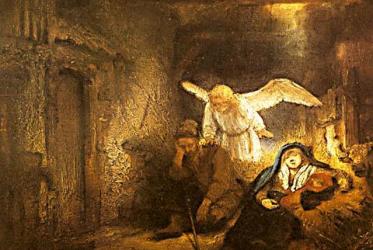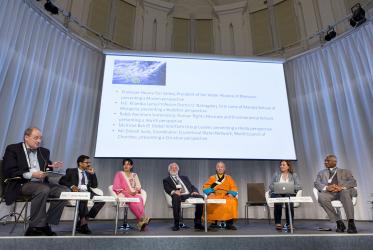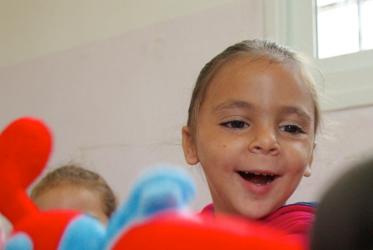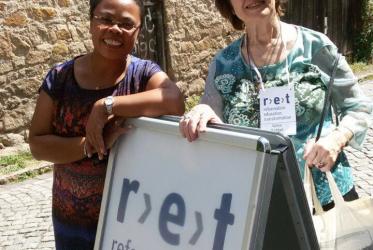Displaying 101 - 120 of 175
14 June 2017
Strong bridges needed more than ever
21 December 2016
Second Bible study on stateless persons available for Advent use
08 December 2016
New Executive Committee members elected in Trondheim
28 June 2016

